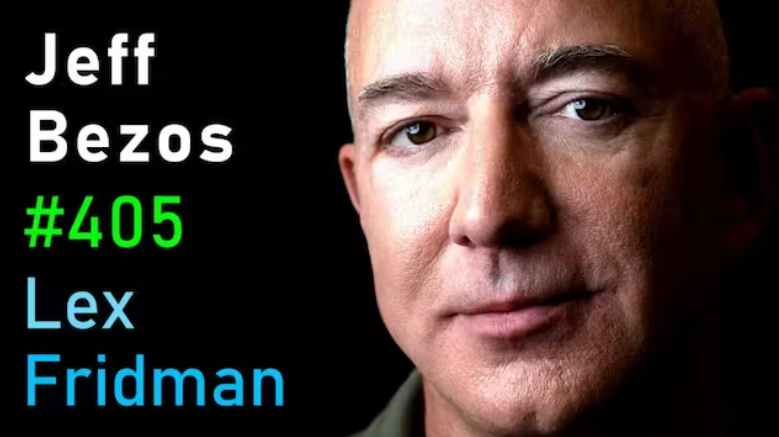Book I’m Reading
I love serving at SonSet Solutions for many reasons. One of them is that leadership cares about personal and professional development. They give latitude to our staff to grow in ways we see that we need to and allow us to use various means to achieve that growth. For me, reading is one of those ways.
I’ve been learning that God has wrapped me to be a forward-looking, strategic thinker. I’m good at figuring out how to move forward as an individual, as a team, and as an organization. There are many benefits to thinking this way, but there are drawbacks as well. Being as “forward-progress-focused” as I am, I’m not as self-aware or emotionally intelligent as someone else who is “people-focused.” This isn’t an excuse not to grow in my relational capacity and compassion toward others, but it is wise to focus on growing in areas of natural strength.
Developing ourselves in our areas of giftedness aligns our efforts with how God wired us when he created us.
In the interest of growing my God-given gifts, I’ve been reading Good Strategy Bad Strategy. Here are some of my takeaways so far:
- Developing good strategy is hard. It is hard because it requires leadership to make tough choices. We have to choose to allocate time and money to specific pursuits, and say no to other pursuits.
- If developing good strategy is hard, executing it is even harder. Consistent, daily execution of the plan (which can include changing the plan!) as circumstances change is incredibly difficult.
- Bad strategy shows up, more often than not, as simply having no strategy at all. Teams and organizations agree on a long list of great goals and objectives, thinking that list is their strategy. It’s not.
- Good strategy is strength applied to the most promising opportunity and it creates strength through the coherence of its design. It also creates new strengths for the organization through subtle shifts in viewpoint.
Podcast I’m Listening To
Another remarkable conversation with Lex Fridman. Jeff Bezos brings out many interesting points:
- The idea of a CEO being the “Chief Slow-down Officer.” (It’s actually a good thing)
- The importance of making decisions quickly and avoiding one-size-fits-all decision-making processes. Use the “one-way door, two-way door” decision-making approach to empower lower-level leaders to make two-way door decisions and to make them quickly, making sure that the one-way door decisions get the level of scrutiny that they need.
- The idea of “disagree and commit”
- Avoid compromise as a dispute resolution technique. Why? It is the low-energy approach to solving the dispute, it does not lead to ultimate truth, and it is the easy way out. Do not compromise when you can arrive at the truth!
- Avoid two stubborn people continuing to be stubborn until someone gives up. Do not settle for this war of attrition! You will not arrive at the truth. Escalating the decision to higher-level leaders is better than a war of attrition.
Tweets I’m Reading
Rocket science is hard.
— Elliot Hershberg (@ElliotHershberg) December 3, 2023
Designing systems capable of launching materials—including humans—into orbit and then smoothly landing back on terrestrial ground is one of the greatest feats of engineering we’ve achieved.
But surviving in space will be even harder.
In his brilliant… pic.twitter.com/aTgPEkNojo
🧵Critical Thread. Close review of Gaza casualty figures reported by UN OCHA based on daily Hamas “Ministry of Health” numbers proves they are FALSIFIED. Women & children are grossly inflated. This is easily proven but media ignores. See detailed expose below: 1/
— Aizenberg (@Aizenberg55) December 4, 2023
The presidents of @Harvard, @MIT, and @Penn were all asked the following question under oath at today’s congressional hearing on antisemitism:
— Bill Ackman (@BillAckman) December 5, 2023
Does calling for the genocide of Jews violate [your university’s] code of conduct or rules regarding bullying or harassment?
The… pic.twitter.com/eVlPCHMcVZ
🧵BACKGROUND: I'm a 3rd-generation pastor. When I was a kid in the 90's it was cool and edgy for PK's to rebel because "it's just so hard being a pastor's kid!"
— Josh Howerton (@howertonjosh) December 5, 2023
I always thought that was dumb bc I LOVED being Pastor Rick's son.
Here are 3 things Dad did that made that happen pic.twitter.com/KQcrnYlMNa
Four monies, personified:
— Lyn Alden (@LynAldenContact) December 7, 2023
-The Golden Monarch
-Lord "Uncle" Sam
-The Dragon Emperor
-Archmage Nakamoto
🧵 pic.twitter.com/Wq4KPcr9zC
If you have feedback for me, if something resonates and you want to see more of it, reply in the comments below. You can also tweet at me on Twitter @the_cody_hall.
I look forward to hearing from you!
If you’re not yet subscribed you can do so here:


